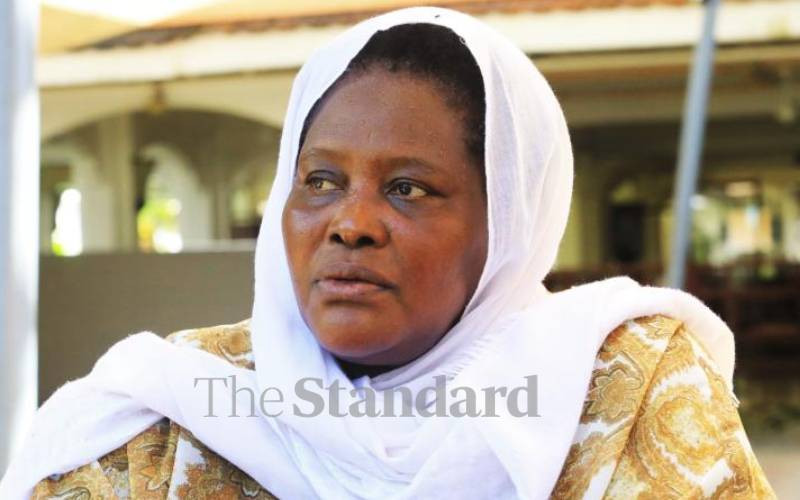×
The Standard e-Paper
Kenya’s Boldest Voice

The Saturday Standard yesterday lifted the veil of an intriguing court battle between Ann Njeri and Galana Energies Limited over the Sh17 billion oil import saga.
Today, we lay bare more details about the government-to-government oil deal, also contained in the same court documents.